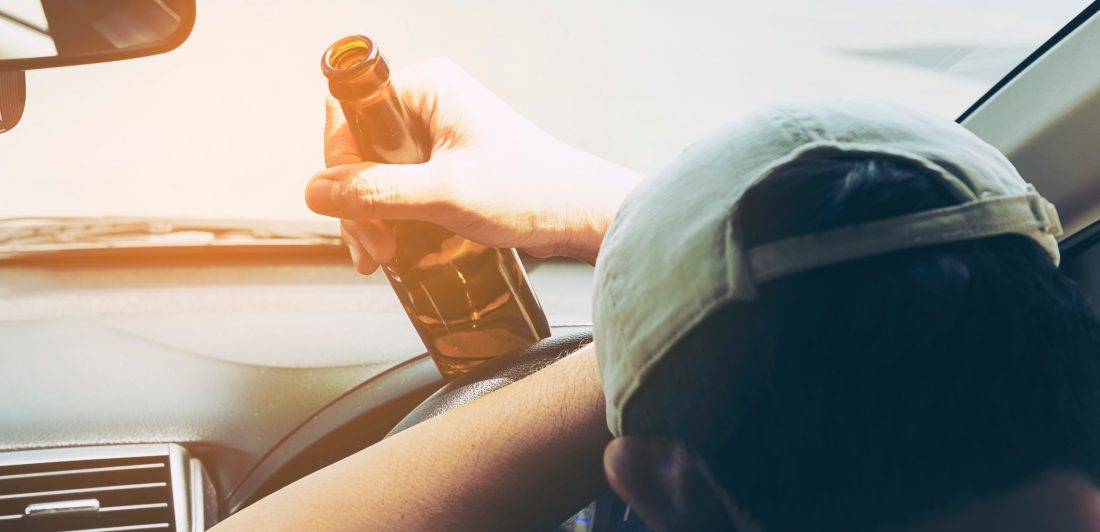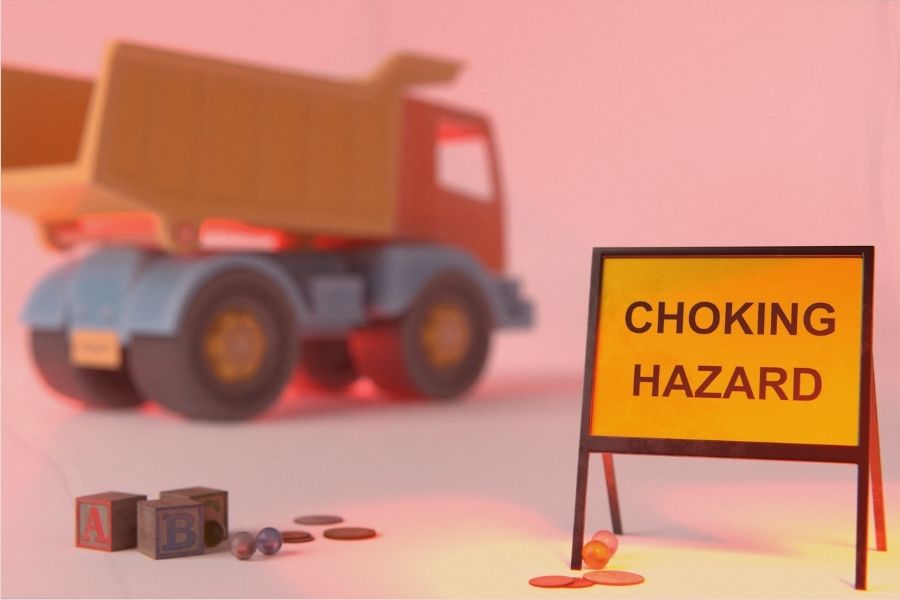Drunk driving is dangerous; there’s no doubt about it. The National Highway Traffic Safety Administration (NHTSA) estimates that every day, 37 people die in crashes caused by drunk driving. The deadly nature of drunk driving crashes is what led Texas lawmakers to establish dram shop laws in hopes of preventing crashes and holding negligent parties accountable.
What is a Dram Shop?
A dram shop is a commercial establishment that sells alcoholic beverages. Examples of dram shops can include:
- Bars
- Taverns
- Restaurants
- Liquor stores
What are Dram Shop Laws?
Dram shop laws are laws that hold dram shops, or commercial establishments that serve or sell alcohol, liable for damages caused by customers while under the influence of alcohol. These laws vary from state to state. Some states have very strict dram shop laws, while other states don’t have any dram shop laws at all.
Dram Shop Laws in Texas
There are two places that the state of Texas specifies its dram shop laws. The first is in the Texas Alcoholic Beverage Code, which is a set of laws that govern the sale, possession, and consumption of alcohol in Texas. These dram shop laws are also stated in the Texas Dram Shop Act, which allows people to file lawsuits against bars or other establishments that serve or sell alcohol when over-served customers cause damages.
However, the law specifies three conditions that must be met for an injured party to press charges:
- The person the establishment served must have already been obviously intoxicated.
- The intoxication of the over served person must have directly caused the damage.
- Any damage, including injury or death, must have resulted from the incident.
This dram shop law applies to anyone at any establishment that is permitted to serve or sell alcohol.
Why are Dram Shop Laws Necessary?
In Texas, it’s illegal to sell alcohol to a person who is already obviously intoxicated. While dram shops can be fined by the Texas Alcoholic Beverage Commission for overserving, many commercial establishments see the fines as trivial and aren’t likely to take them seriously. Dram shop laws help hold businesses liable not only for breaking the law, but also for the damages caused by the people they illegally sold alcohol to.
Another reason dram shop laws are necessary is for the victims of accidents caused by overserved individuals. For example, say a woman is seriously hurt in a car crash caused by a drunk driver. She has recourse to sue the drunk driver, of course; however, dram shop laws allow her to also sue the establishment that overserved the drunk driver.
How Do Dram Shop Laws Apply to Teenagers?
While dram shops have some protections against dram shop claims when serving adults, these protections do not apply when they serve minors. This means any establishment that serves or sells alcohol to a person under the age of 18 can be held liable for the damages caused by that person. It doesn’t matter if the minor was not intoxicated at the time of the sale, either.
Social Host Liability for Minors
The Texas Alcohol and Beverage Code also includes the Social Host Liability law. Under Texas law, anyone age 21 or over (except for a parent or guardian) can be held liable for damages caused by an intoxicated minor if they:
- served alcohol to a minor
- knowingly allowed alcohol to be served to a minor
- provided alcoholic beverages on the premises owned or leased by an adult
While it’s common knowledge that selling alcohol to minors is illegal, some people may not be aware that even simply allowing a minor to drink alcohol on their property could make them responsible for damages caused by a minor under the influence.
What Kind of Damages Can Dram Shops and Social Hosts be Liable for?
Dram shops and social hosts can be held liable for the damages after an accident caused by an intoxicated individual. These damages include but are not limited to:
- medical bills
- lost wages
- lost earning capacity from disability caused by the accident
- lost or damaged property
- pain and suffering
What are the Consequences of Drunk Driving for Teenagers?
As most people know, the legal drinking age in the United States is 21. All states have “zero-tolerance” laws that apply to drivers under 21. These zero-tolerance laws make it illegal for drivers under 21 to get behind the wheel with even a tiny amount of alcohol in their system. If an individual under 21 is found to be driving with even a trace amount of alcohol, they can be given a DUI, which not only has legal consequences but can also lead to difficulties in their education and employment opportunities.
Zero-Tolerance Consequences
While all states have zero-tolerance laws, not all states have the same penalties for underage DUIs. Some states consider zero-tolerance violations administrative offenses or infractions, which don’t count as crimes. Other states classify zero-tolerance violations as misdemeanor crimes. What specific consequence a person receives for underage drinking and driving will depend on the state they’re in as well as the facts of the case.
In Texas, a person charged with a DUI can expect to have their driver’s license suspended for at least 60 days. Some other consequences that may follow underage drinking and driving include:
- fines
- up to a year of jail time
- community service
- substance abuse classes or treatment
- installation of an ignition interlock device (IID)
Tougher Consequences for a DWI
Another important note: in Texas, minors can be charged as adults for offenses related to drugs and alcohol. While a teenager will likely be charged with a DUI if just a trace amount of alcohol is found in their system, they could be charged with a DWI if their blood alcohol content (BAC) exceeds the legal limit of 0.08%. The consequences related to a DWI are much tougher, including:
- driver’s license suspension (minimum 90 days)
- thousands of dollars in fines
- jail time
It’s important for teens to be aware of the serious consequences that come with drinking and driving. Not only is driving under the influence unsafe for the driver and everyone else on the road, but it can also negatively impact a teenager’s future education and career opportunities.
How Can I Encourage My Teen to Make Safe Driving Choices?
The best way to encourage your teenager to make safe driving choices is to educate them about the situations they might find themselves in and what they can do to stay safe. Prevention is key, and communication is absolutely necessary. Here are a few tips to help you talk to your teenager about drinking and driving:
1. Don’t wait.
If you want to talk to your kids about drunk driving, don’t wait for the “right time.” Take advantage of opportunities in your normal daily routine to educate your teenager about safe driving and why it’s important. Some examples of times you could discuss safe driving include:
- When your teenager asks to borrow the car
- At mealtime discussions
- When your teenager asks if they can ride with a friend to school, a concert, or a party
- While running weekend errands
- While at the grocery store
- When you and your teenager are in the car together
2. Communicate expectations.
If your teenager is driving, they need to know what behaviors you expect from them when they come across situations where they may be tempted to drink and drive. Make sure they understand that it is never a good idea to drive if they’ve been drinking or to get in the car with another driver who’s been drinking. Tell them what other actions you expect them to take instead of making unsafe driving choices.
3. Help them make an escape plan.
Sometimes teenagers unintentionally find themselves in unsafe situations. Unless you help them understand their other options, they may be tempted to either drive while under the influence or get in the car with an intoxicated driver. Together, you and your teenager can build an escape plan that could help keep them safe. Here are a few suggestions to consider while building an escape plan:
- Call a rideshare service such as Uber or Lyft
- Call a taxi
- Use public transportation such as a bus, train, or subway
- Call a relative or friend for a ride
- Stay the night at their current location
- Convince the person under the influence not to drive
4. Listen and show that you care about them.
There’s a good chance that your teenager already knows that drinking and driving is illegal and dangerous. The important part of your communication is showing them that you care about them and their safety. When your teenager feels that they are heard, understood, and loved, they are far more likely not only to listen to you and take your advice, but also to call on you if they ever need your help.
5. Be a good example.
Of course, if you want your teenager to take your words to heart, you must take your own advice and be a good example. Practice responsible drinking and never get behind the wheel while under the influence.
The Carlson Law Firm Can Help
When it comes to car crashes caused by drunk drivers, neither the age of the driver nor where they were served alcohol changes the significant impact the crash has on the lives of the victims. If you or a loved one have been in a drunk driving crash, know that you don’t have to go through it alone. Our caring and compassionate personal injury attorneys are here for you.
We offer free consultations, and we’re available 24/7. We care, and we can help.




